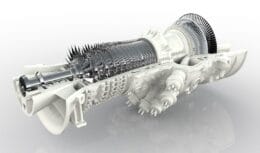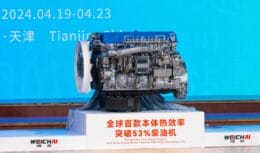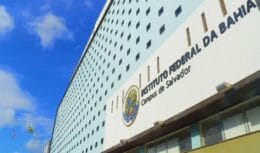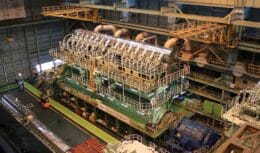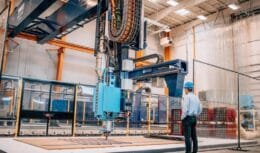

Por R$ 144 mil chega ao Brasil a nova picape hibrida BYD Shark para competir diretamente com Hilux e Ranger com os seus 1.000 km de autonomia!
25 de abril de 2024 —
Valdemar Medeiros

Continental surpreende o mercado ao lançar nova linha de motores a pistão ciclo diesel CD-170R, que pode ser abastecida com querosene de aviação
24 de abril de 2024 —
Valdemar Medeiros
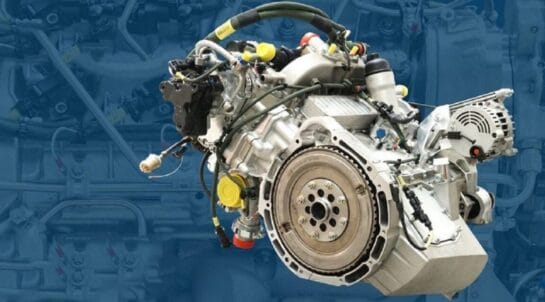
PLACA SOLAR da China: Vale a pena importar? Quais os perigos e as desvantagens desse processo? Saiba se você pode importar painel solar da China por conta própria
24 de abril de 2024 —
Valdemar Medeiros



